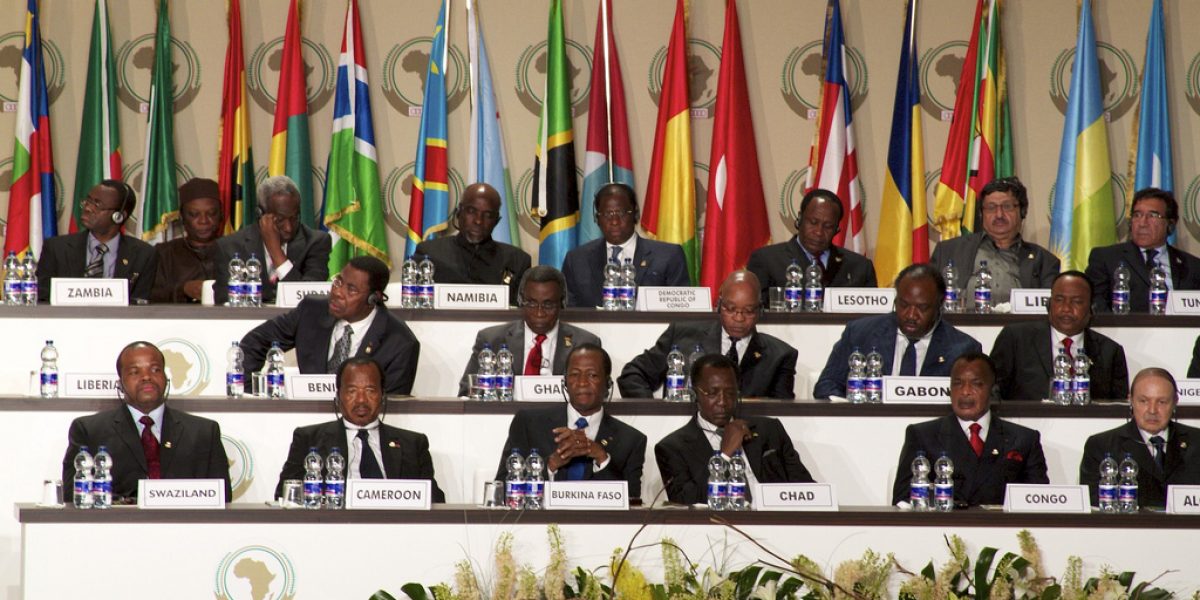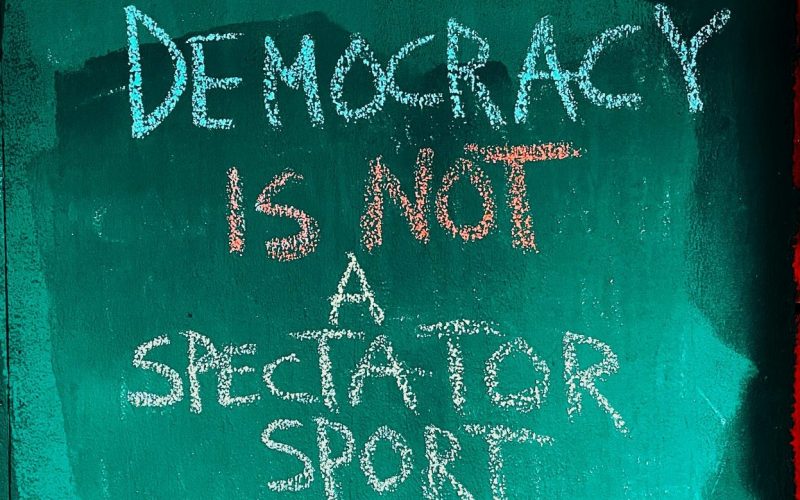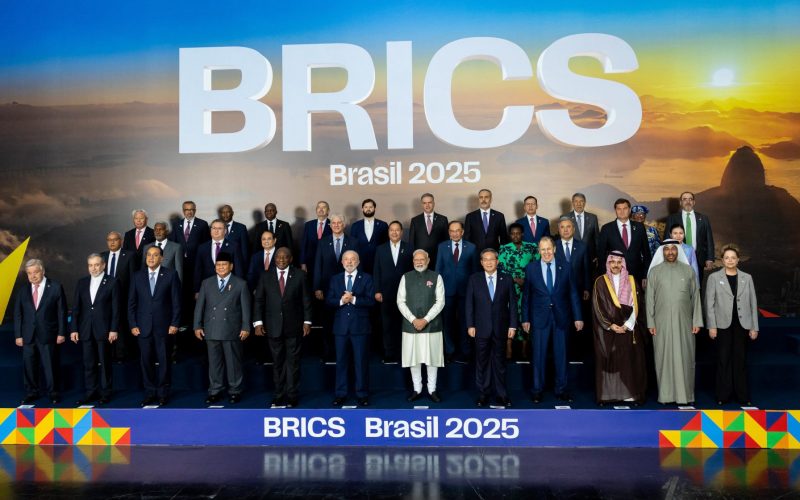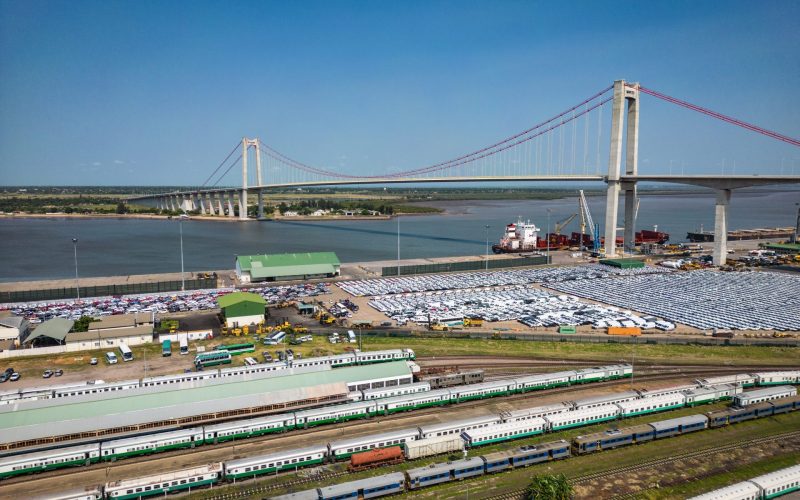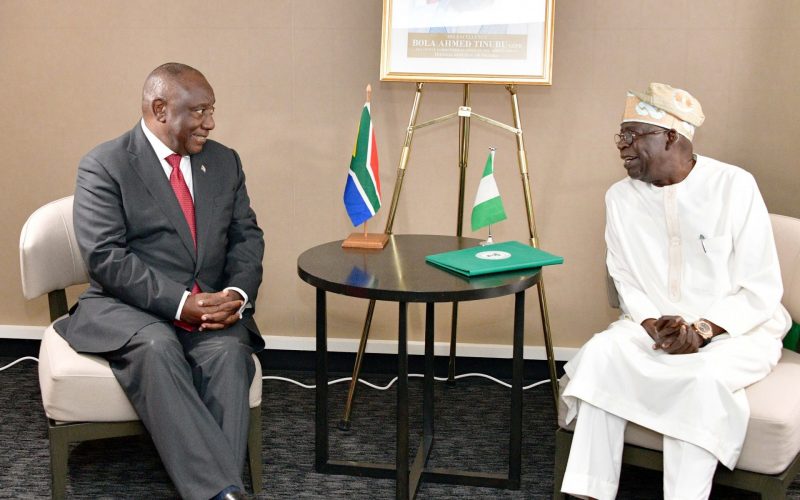At a time when Africa is struggling to redefine its place in the global village and battling against marginalisation in a world shaken by terrorism, the African Partnership Forum – a vehicle originally established for dialogue between Nepad and the Group of Eight industrialised countries – provides a key window on the continent’s progress.
The second meeting of the Forum in Maputo on 16-17 April included discussions on peace and security, HIV/AIDS, food security, education and poverty alleviation. Expanded beyond the G-8 and Nepad, the Forum brought together high-level representatives from the African states, the G-8, the UN, the World Bank, seven African regional economic communities, the World Trade Organisation, 11 member states of the Organisation for Economic Co-operation and Development, the African Union (AU) and the Nepad Secretariat.
The Forum is meant to bring about a new constructive dialogue between Africa and donor countries. Hesphina Rukato, a member of the Nepad Secretariat, said ‘the discussions were very positive, and will be continued in subsequent meetings.’ The draft report of the two-day closed conference, obtained by eAfrica, characterises the Forum as ‘not a pledging vehicle, but an action-oriented body’ to help set priorities and assess progress. But beyond a pledge to reconvene the Forum in October 2004 in Washington, little evidence of decisiveness emerged from the meeting. A Western diplomat who attended the Maputo talks admitted that ‘time was too short to move the issues forward in any meaningful way. A more focused agenda is necessary.’
Beyond dialogue, the Forum highlighted changing attitudes toward Nepad by developed countries. Donors expressed continued support for Nepad but also growing impatience to see concrete results. “Something concrete really has to emerge [from Nepad] now,” said another Western diplomat. Several donor representatives told eAfrica they were concerned that the Nepad Secretariat was not operating with a sound business plan, the lack of which puts future funding at risk. Already some donors are preparing to reduce core funding for the Secretariat’s day-to-day operations and move it toward funding of programmes.
Donors said they believed the successful implementation of the African Peer Review Mechanism was key to long-term donor support to Nepad. ‘The APF should ensure a new dynamic,’ one Western diplomat said.
Privately donors and diplomats also expressed concern over plans to move the Nepad Secretariat out of South Africa to the AU headquarters in Ethiopia in two years. “Integration of Nepad into non-existing structures might not benefit Nepad. We certainly do not need more bureaucracy,” a diplomat noted.
Donor leverage seems crucial to Nepad’s effectiveness. At the G-8 summit in Evian, France, in June 2003, the peer review process seemed in danger of stalling before it started. ‘The G-8 forced the appointment of the panel,’ said Chris Stals, a member of the APRM Panel of Eminent Persons. ‘The APRM was the first item on the agenda in Evian. Luckily, the African heads of state had almost reached the final selection stage. I was called in the middle of the night and told I was on the panel’.
For the foreseeable future, there is little danger that Nepad will fall off the global radar screen. The G-8 Africa Action Plan ensures that the continent’s challenges will stay on the agenda of the world’s largest industrialised nations at least through 2005.
The Africa Commission, set up by British prime minister Tony Blair to find answers to the continent’s recurring development problems, was a topic of concern. British overseas development minister Hilary Benn attempted to allay fears that the establisment of the commission could be construed as a vote of no-confidence in Nepad.
Substantially, the Forum managed to make some progress on the Nepad agenda. It acknowledged ‘the increasingly complicated nature of African conflicts’ and ‘re-iterated the need for Africa’s development partners to be more supportive of Africa’s efforts’ to establish early conflict warning and response systems and to carry out post-conflict reconstruction.
The Maputo talks also ‘recognised the need for high-level leadership from Africa in addressing AIDS’ and acknowledged that ‘unless resources were scaled up, Africa would not meet [globally set] targets for reducing the HIV/AIDS burden and new infections.’
The draft report notes ‘the need to focus efforts on the twin areas of trade and financing for development, particularly in the area of agriculture’ and the need to develop a strategy to nurture public-private partnerships to enhance the private sector’s contribution to the African economy. With regard to food security, the Forum applauded efforts by African governments to increase their agriculture budgets and encouraged international research initiatives to improve crop yields in Africa.
In addition to peace and security and food security, the APF meeting in October will focus on institutional capacity building, debt negotiations and trade and market access.

